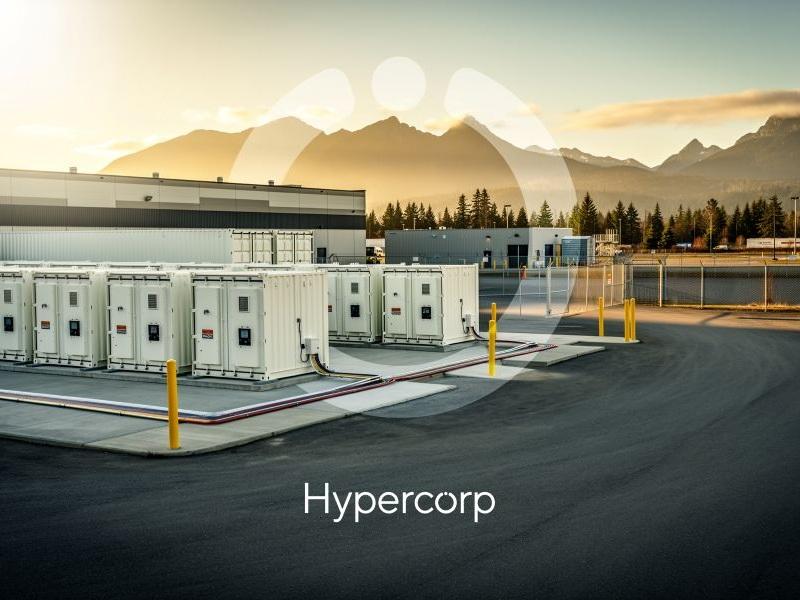
Companies will soon have to provide climate-related disclosures to receive financing. Investors, regulators and financial institutions are introducing new requirements as the marketplace begins pricing the catastrophic losses associated with risks such as flooding, droughts and wildfires.
Some insurers are going even further. They no longer offer insurance to some Florida and California property owners because they perceive the risks as too high.
What are the regulations?
Investment regulators, such as the American Securities and Exchange Commission (SEC), want companies to report their climate-related risk exposures accurately, clearly and consistently. The SEC is finalizing the rules so investors can improve their investment knowledge and decisions.
Climate-related disclosures are expected to address:
- How boards are governing and climate-related risks;
- how executives are identifying, assessing and managing climate risks;
- how identified risks may, over the short-, medium- or long-term, have a material impact on the business and financial statements;
- how any transition plans will affect strategy or business model;
- any metrics used to identify and manage risks, both physical and transitional;
- any scenario analyses used to assess business strategy resilience, including an internal carbon price, if used;
- impact of climate-related events and transition activities on line items in financial statements and financial estimates;
- any publicly set climate-related targets;
- and separately disclosed Scope 1, Scope 2, and material Scope 3 emissions.
Why?
Investors are realizing that a warming climate could materially impact their investments. For example, drought may present a physical risk to a company with large water requirements in their process.
Climate-related measures provide opportunities, not just threats to investors. Greater electrification will benefit companies building renewable energy but lose market share for businesses that sell fossil fuels.
What disclosure requirements mean
Climate-related disclosures will drive strategic plans and change day-to-day business operations at many companies. However, there's a few ways you can ease the reporting burden.
Understanding the significance of disclosure requirements for companies
The impact of climate-related disclosures is poised to revolutionize strategic plans and everyday business practices for numerous companies. To address the challenges that lie ahead, organizations must recognize them, explore potential solutions and acknowledge the importance of collaboration.
Monitoring environmental impact: A key responsibility
As part of disclosure requirements, companies must continuously monitor the environmental impact of their operations. Understanding this necessity is crucial. By diligently tracking energy data and effectively reporting Scope 1 and Scope 2 emissions, organizations can proactively address their carbon footprint.
Creating strategic emissions reduction plans
Boards and management play a pivotal role in shaping permanent, corporate-wide emissions reduction strategies. This imperative task demands cohesive action and collaboration across all departments. Organizations must recognize that they cannot tackle this challenge alone. By leveraging comprehensive energy management tools, executives gain effective control of energy usage and enable cross-functional cooperation to drive tangible results.
Transforming supply chains through carbon reduction targets
The pursuit of carbon reduction targets is revolutionizing supply chains across industries. As organizations embrace this paradigm shift, exploring practical, cost-effective green purchases is vital. Engaging and assessing suppliers through efficient tools can facilitate the integration of sustainable practices throughout the supply chain, contributing to a greener and more responsible ecosystem.
Holistic view and stakeholder engagement
Establishing trust and credibility among stakeholders is paramount in today's business landscape. Customers, investors and other stakeholders demand a reliable, holistic view of a company's sustainability efforts. Sustainable professionals must prioritize the implementation of centralized data, compliance tracking and verified reports. These measures ensure transparent and effective communication across the value chain, fostering strong relationships with stakeholders and empowering employee engagement.
Embracing change with confidence
It is understandable for organizations to feel apprehensive about the new reporting requirements and the challenges they present. However, with the right support, these regulations can serve as catalysts for positive change. Companies can meet reporting requirements by partnering with an experienced ally while navigating the transitioning economy effectively with a shared vision and commitment to success.










